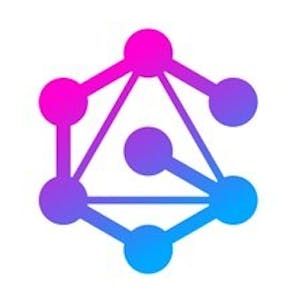106 min
Relational Database Modeling for GraphQL
Top Content
Workshop
In this workshop we'll dig deeper into data modeling. We'll start with a discussion about various database types and how they map to GraphQL. Once that groundwork is laid out, the focus will shift to specific types of databases and how to build data models that work best for GraphQL within various scenarios.
Table of contentsPart 1 - Hour 1 a. Relational Database Data Modeling b. Comparing Relational and NoSQL Databases c. GraphQL with the Database in mindPart 2 - Hour 2 a. Designing Relational Data Models b. Relationship, Building MultijoinsTables c. GraphQL & Relational Data Modeling Query Complexities
Prerequisites a. Data modeling tool. The trainer will be using dbdiagram b. Postgres, albeit no need to install this locally, as I'll be using a Postgres Dicker image, from Docker Hub for all examples c. Hasura
Table of contentsPart 1 - Hour 1 a. Relational Database Data Modeling b. Comparing Relational and NoSQL Databases c. GraphQL with the Database in mindPart 2 - Hour 2 a. Designing Relational Data Models b. Relationship, Building MultijoinsTables c. GraphQL & Relational Data Modeling Query Complexities
Prerequisites a. Data modeling tool. The trainer will be using dbdiagram b. Postgres, albeit no need to install this locally, as I'll be using a Postgres Dicker image, from Docker Hub for all examples c. Hasura

























